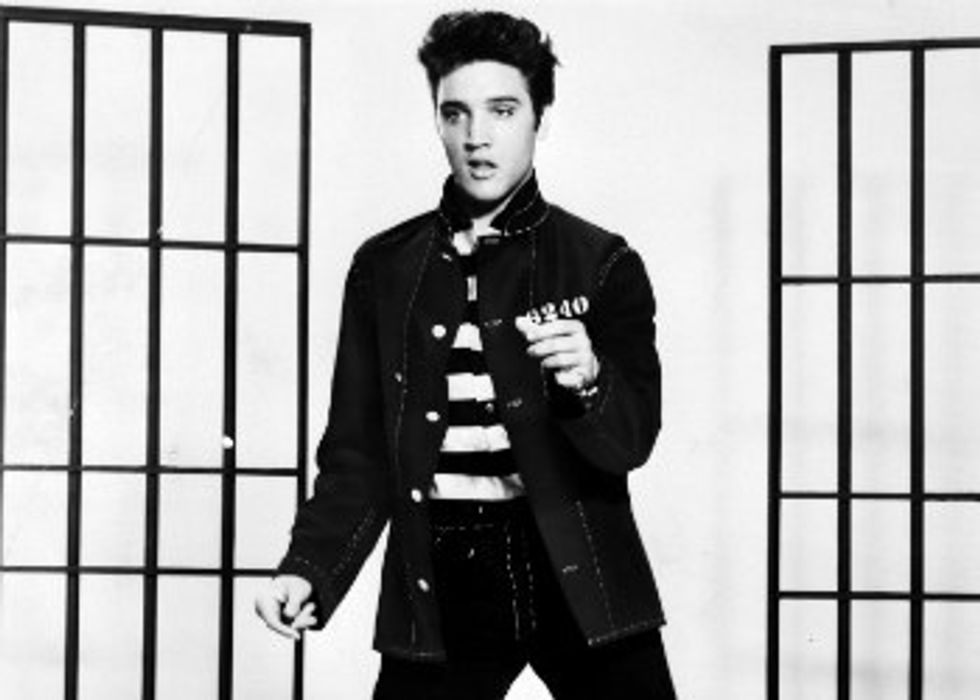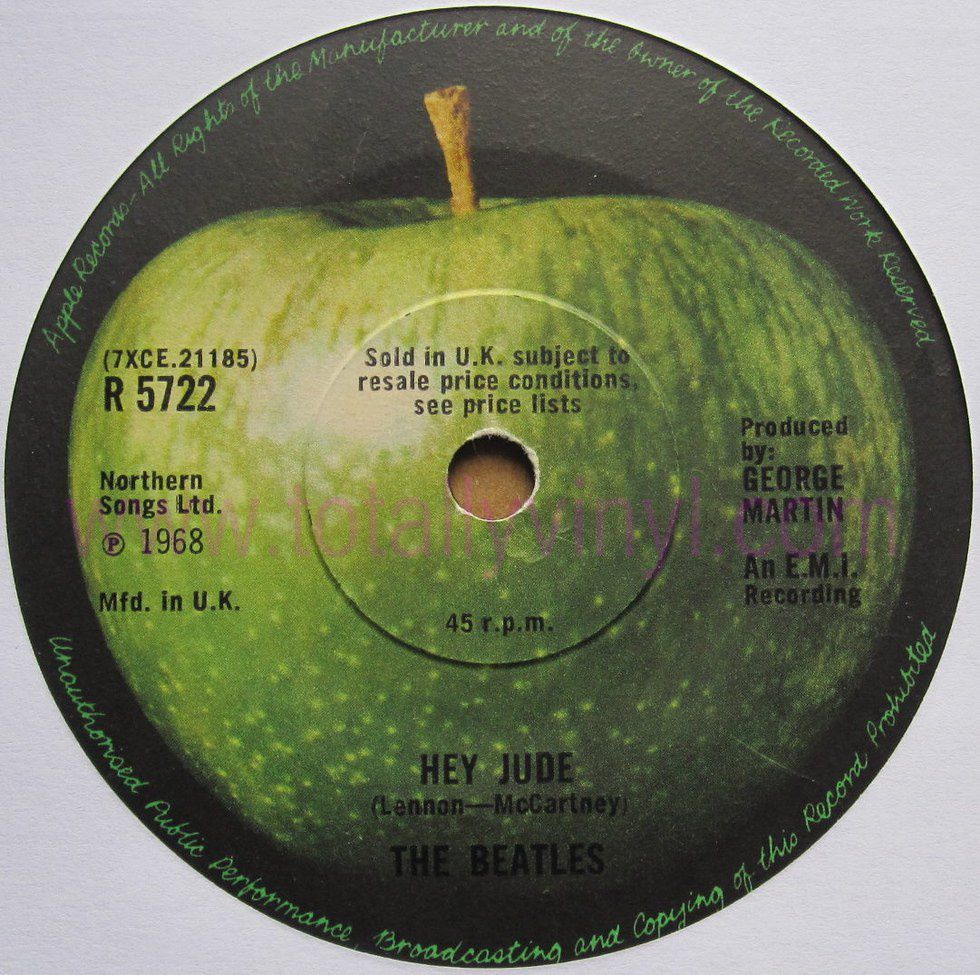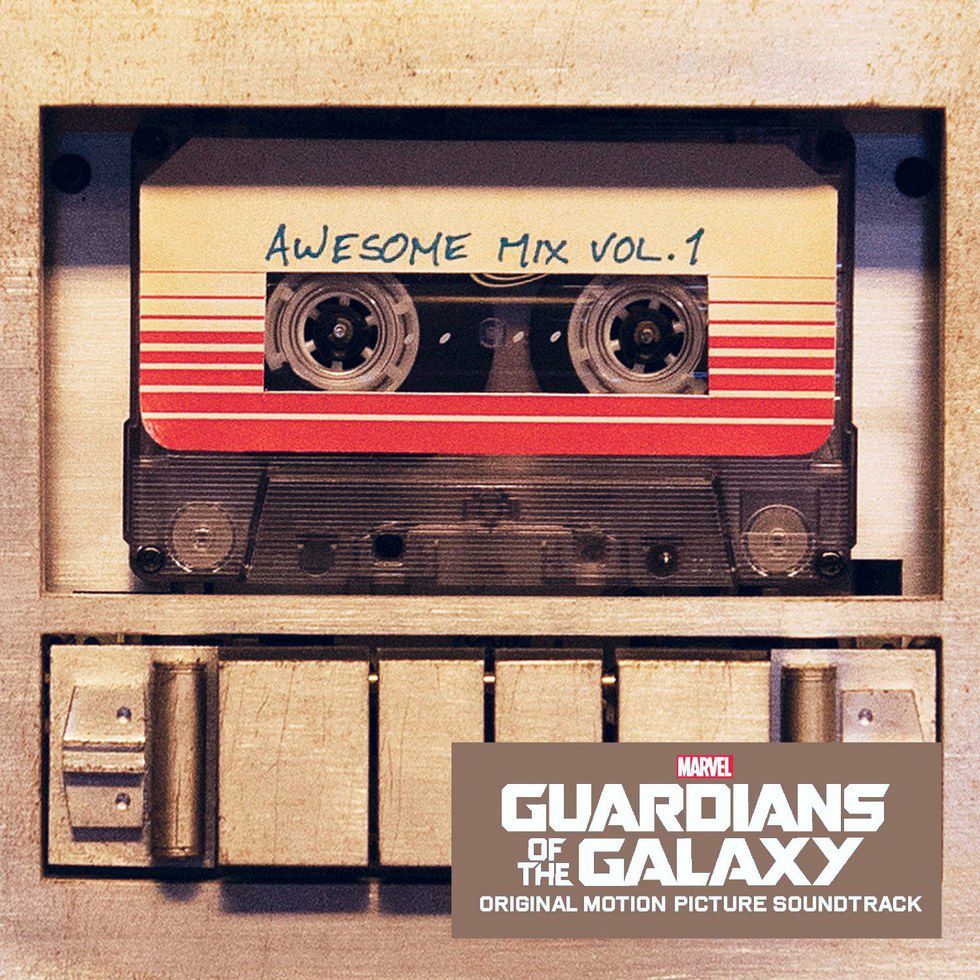While many people perpetually bicker about about which sport is the best, what career path is the most rewarding or even what culture has the best food, the concept of music as both pleasing and rewarding is a universal axiom regardless of worldview. Music has the ability to bring hundreds of thousands of like-minded individuals together to experience a euphoric concert or musical performance. Or, in a more intimate setting, it can percolate strong emotional feelings ranging from sadness to the most profound joy; music ultimately has the power to bring the listener into his or her own world to escape from the realities of life. Though this feeling can never be taken from the consumer, there are certain ailments that the evolving music industry and the altered motives of artists are bringing about, molding the trajectory of the music realm. But are these sculptors creating an even more aesthetic byproduct? Or one that is too abstract to call art?
Unlike most others that share the title of millennial, I am simply enamored by classic rock, blues or anything that is not a staple song played at college parties or shindigs. I am a musician, but I will refrain from using this as a pedestal by which I claim my discretion for great music is more credible. I was, however, able to find my passion for classic rock, jazz, blues and other unorthodox genres of my generation through playing guitar, and picking up from who I consider to be the virtuosi of the music industry. The history of music is so rich that the roaring '20s, the depressed '30s and the post-war '50s were all substantially shaped by each era's music. But what has changed in the music industry of our generation? Rather, an ever more important question: why has there been a noticeable change of pace in the music industry?
First, and arguably foremost, is the revised method of the way music is purchased. Back in the '60s when the Beatles were releasing each of their heavily anticipated albums, consumers would actually buy the whole album, which at this time was an LP. My generation began eluding the dreaded 99 cent iTunes fee by downloading on LimeWire, pirating music "legally" or simply listening to the songs on YouTube. Aside from the fact that there is a great deal of money squandered in the music industry that demotivates potential musical geniuses from arising, there is another thing that must be considered with this new method of consumerism as it pertains to music. Because of the fact that nowadays consumers aren't investing their hard-earned money on an LP full of every song on the composers album. Many people simply pick and choose a few songs from a plethora of artists, never truly honing in on each artists breadth of songs; opting to pick and choose from a broader list of artists as many do on Spotify's top 100 playlist. We aren't as invested into each artist, and the artists know this. They are better off having one or two songs that truly make it as this heightens their overall publicity. We're no longer buying into an artist as consumers like we used to. Rather, we buy into a few songs and neglect the rest of their hard work.
The next reason today's music industry pales in comparison to that of earlier eras is due to the lack of creativity and passion. The fact that there is less money in the music industry, coupled with the ethos of music producers and their managers, there is much less room for error, bringing a dwindled inclination for musicians to break the status quo. Somewhere down the road, the creativity in music began to deteriorate, scaffolding the industry into one that has revered names such as Tom Petty, The Rolling Stones and Elton John (to name a few) balking at many of today's performers. Sure, it has to be difficult when many musicians nowadays feel that "everything has been done already," but after listening to songs by the Arctic Monkeys, John Mayer and Muse, this is evidence that creative progress is still achievable when you're willing to step outside the box. As far as passion, music used to be a means of expressing yourself with a beautiful composition. Now, many of the mainstream pop songs of today simply mumble off what will sell, rather than what they are dying to sell. An interesting example is with John Mayer. He absolutely hated the song "Daughters," yet he won the Grammy for song of the year for it! Meanwhile, the songs that are near and dear to his heart don't come within the vicinity of public recognition as "Daughters" did, further epitomizing the changing music industry.
The final and less animated reason is science. Researchers in Spain contrived an archive of songs that spanned from the 1960s to today's songs. By deciphering applicable algorithms and carrying out numerous studies, the Spanish National Research Council confirmed that not only have pop songs become intrinsically louder to try to add excitement to the songs, but much "more bland in terms of the chords, melodies and types of sound used." The study also found "evidence of a progressive homogenization of the musical discourse. In particular, we obtained numerical indicators that the diversity of transitions between note combinations - roughly speaking chords plus melodies - has consistently diminished in the last 50 years." A less "sciencey" tidbit of reasoning is the "Guardians of the Galaxy" soundtrack titled "Awesome Mix Volume Vol. 1." When this movie came out in 2014, it peaked out as the top soundtrack for quite a long period of time. It's still ranked as one of the best soundtracks of that year. Oh yea, and it's all songs from five decades ago. My sentiment is that a lot of people love older music, but they just don't know it! It goes against the norms of our generations, and sadly, many people are herded by the wolves of today's music industry, leading them away from many of the more complex and overlooked bands that deserve more praise.
I understand that there is no objectively good music, or any quantifiable means by which we can judge a song as good or bad, so this is simply my own partiality and interpretation of music. Furthermore, I do not think that all music of my generation sucks. In fact, there are plenty of artists who I do like; coincidentally many of these artists list their muses as the greats of our past with people like Jimi Hendrix or Van Halen. I wish I could say that the music industry was on the "Stairway to Heaven," but alas it has opted for the less strenuous and more paved "Highway to Hell."

























